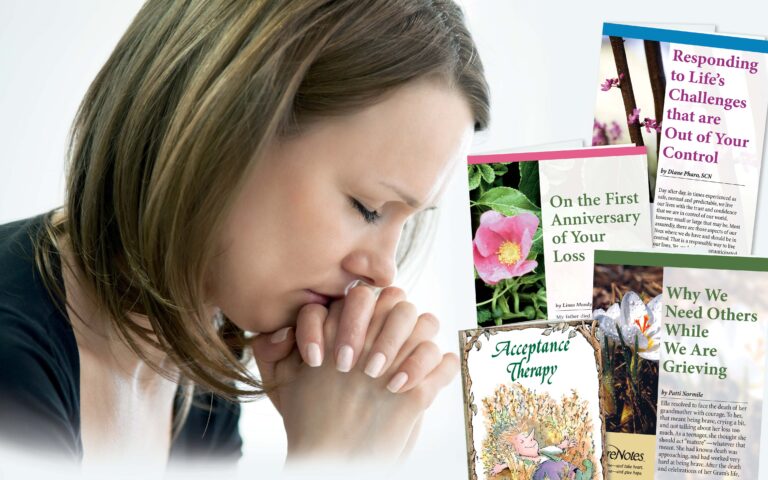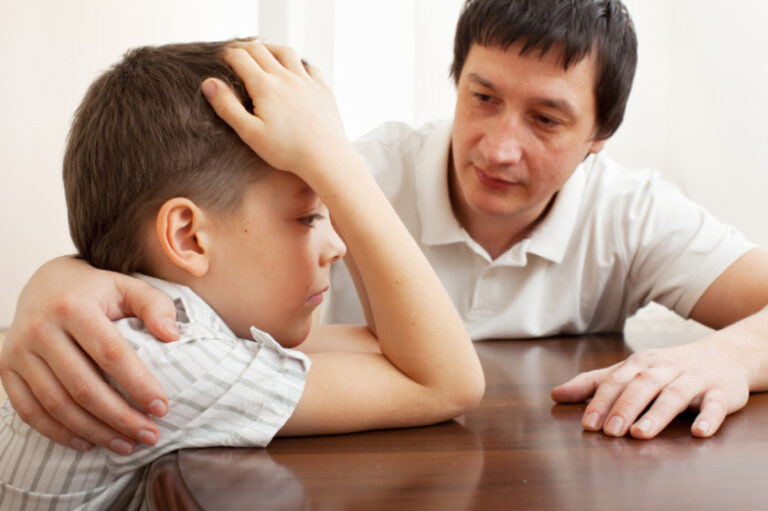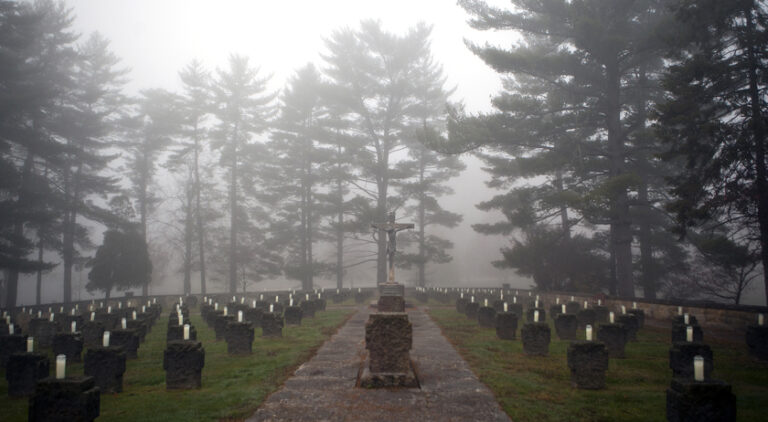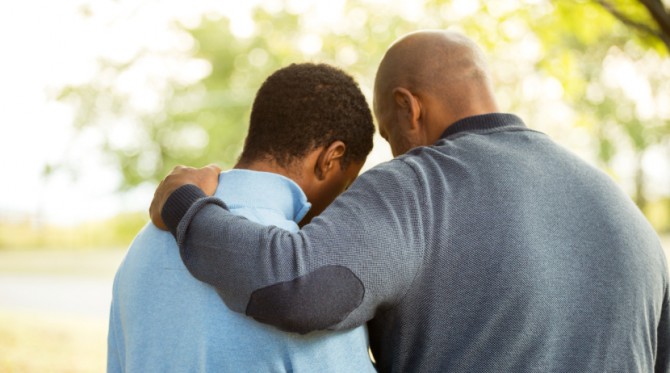by Valerie Dillon
Therapists and hotlines report an increase in calls during the Christmas holidays. It is no surprise, given the heightened expectations we all have, the constant images of families together and rejoicing, our own memories of joyful Christmases past. But this year is different, because you have lost a loved one. It’s OK to feel confused and conflicted if you hear “Joy to the World” and feel little joy in your heart.
Healing won’t happen all at once. Grief therapists tell us that recovery from a painful loss is a slow process. But would you believe me if I suggested that despite your grief, Christmas this year could become a blessing, a time of hope for you and your family? That the pain you’re feeling will eventually ease, and even give way to the beginnings of healing and hope for future merrier Christmases? Here are a few of the steps I believe you can take to get to that point.
Gather your family together. A friend of mine lost her mother shortly before Christmas. She and her brothers lived some distance away, but returned to be with their father for his first holiday alone. They wanted to cheer him up, so they put up the tree and decorated it lavishly, as their mother had always done. The following year, they traveled again to be with their dad. They searched, unsuccessfully, for the tree and decorations. Only then did he tell them that the day they left, he threw out the tree and all its finery. He could not bear looking at it. Many families go through painful and unnecessary misunderstandings at Christmas because they haven’t taken the time to talk honestly and openly about the grief they’re feeling.
As you struggle with your grief, gather your family to talk about it and decide how to deal with the holidays. As your family talks and shares, be gentle but honest about your feelings. It’s better to know everyone’s expectations. And don’t be afraid to mention your loved one by name. Choose to make the holiday a celebration of his or her life. Christmas is a perfect time to cherish these memories.
Find your own way to grieve. Each family member will handle the loss of a loved one differently and move through the grief process at a different pace. No one can be responsible for another person’s recovery. But you can listen and support one another along the way.
Talk about the tough moments, the things that help, and what the hardest thing for you is at Christmas. Not only will this let your loved ones help, but it also allows you to hear your own feelings, which can be of significant help in understanding how you’re progressing.
Help children understand. Christmas this year may be an especially difficult and confusing time for youngsters, especially if this is their first experience of death. If, as the family gathers, or in the midst of Christmas excitement, children see you weeping in the corner or with a grief-stricken face, their joy will quickly turn to anxiety and confusion. Hold them close and tell them Christmas is going to be a little tough for you this year because you’re sad. Tell them you’re sad because someone you love dearly is gone. But also reassure them that it’s OK for them to feel happy and excited because Christmas has arrived. Tell them that in fact you want them to rejoice, and that your loved one would want the same thing, but that they shouldn’t be surprised if they see a tear on your face. Tell them tears are a good thing, because they remind us of how special our loved one is to us.
Take steps to help yourself. During the holiday season, begin each day with a prayer. Put your grieving heart in God’s loving care and let God know that you are open to God’s will for you. Ask for God’s care and love to make you stronger each day. Ask for the gift of hope and peace.
Do something for someone who is alone, lonely, isolated, or in material need at the holidays. Offer some time as a volunteer visitor at a nursing home or hospital, in a local school, or at a soup kitchen. Think of your effort as a memorial you are offering to your loved one at the holidays.
Join a support group with others who are grieving. Support groups exist in virtually every community, and are often sponsored by churches, hospitals, neighborhood associations, and other organizations. Know that you are in good company. You can find others who understand what it is like to lose a loved one at this time of year.
Christmas will not be the same without your loved one. There is no getting around that fact. For the time being, know that the pain you feel in your heart, and your efforts to work through it and reach out to others at the holidays, are perhaps the greatest Christmas gifts you could ever give your loved one. And also know that the wisdom, strength, and peace you gain from your experience is the greatest Christmas gift your loved one could have left for you.
Excerpt from “Grieving at Christmas: A Family Guide” by CareNotes.






